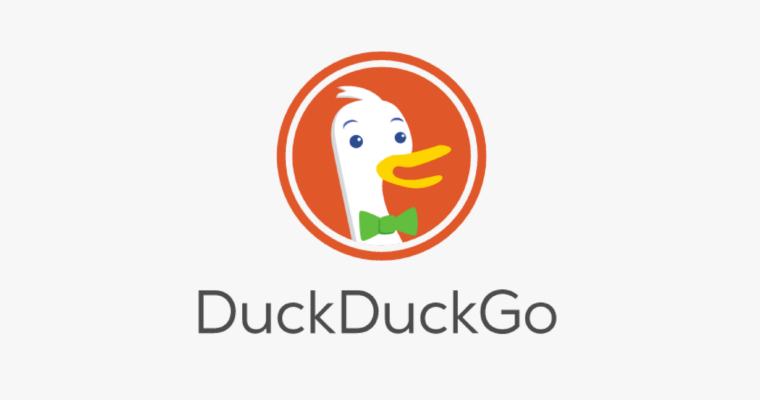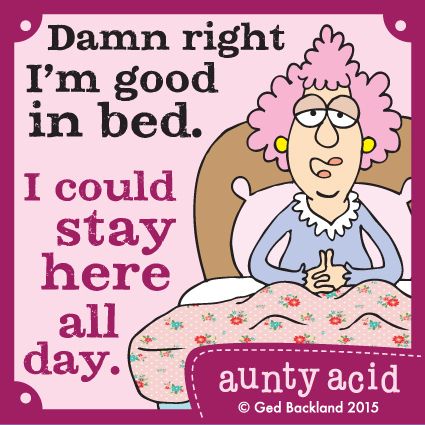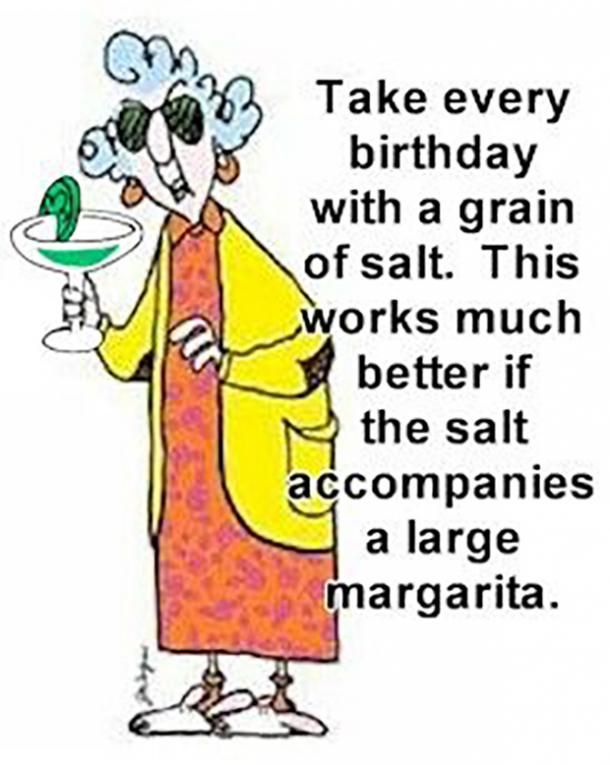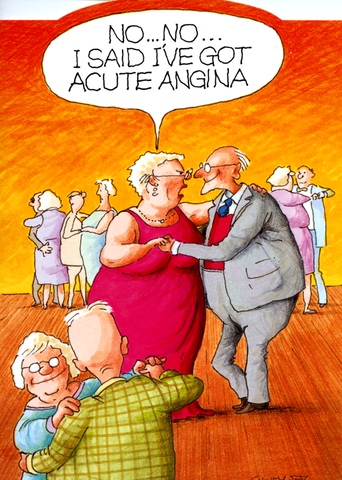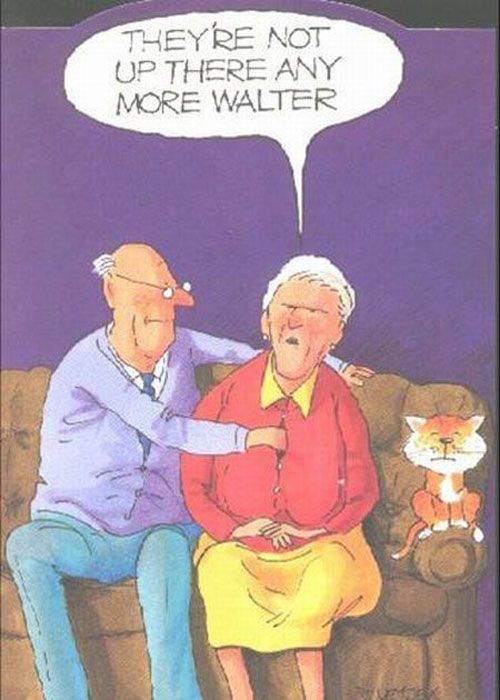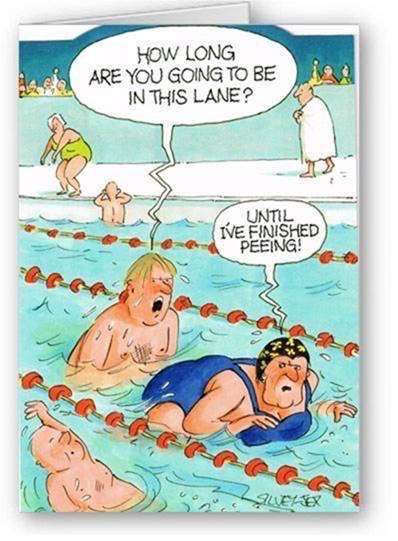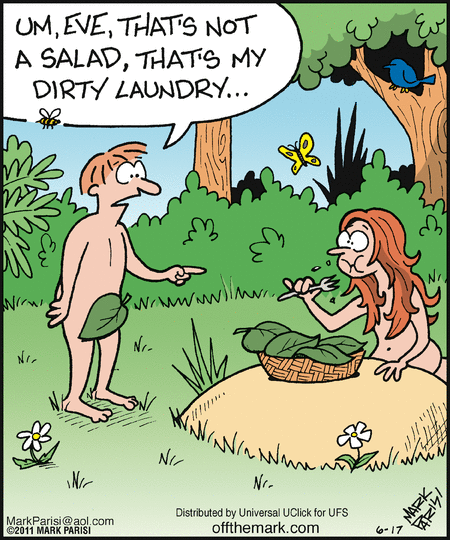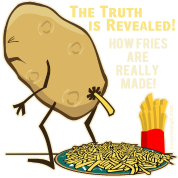Escapism is Ancient: How to Manage your Screen Addiction
The first caveman who daydreamed about the fields beyond his own exercised the same basic instinct we do when we scroll our social media mindlessly: escapism.
Every form of media that humanity has developed and consumed is driven by the desire to escape our realities and experience another one, and we’ll never be rid of it.
Folklore. Religion. Mythology. Books. Music. Painting. Sculpting. Museums. Newspapers. Radio. Television. Cinema. Social media.
Humans can squabble about the merits of various facets of escapism — music is sophisticated, but reality TV is trash. Museums are a bottomless well of cultural significance, but social media is mindless. Classic cinema is artistic and tasteful, but stoner Seth Rogen movies are irredeemable.
But in 2020, the common conversation is
less about debating whether or not you should “waste time” (not contribute to the forward-moving machine of capitalism), but whether or not you should waste time on
screens.
In 2019, the top 20% of smartphone users spent more than 4.5 hours on their phones every day. And on average, those people are checking their phones
58 separate times during the day.
Not only is context switching (the concept that most workers don’t go more than six minutes without checking email or social media) poison for our productivity…
There’s also plenty of evidence that blue light is terrible for our vision and our circadian rhythms.
Beyond productivity and health, plenty of people feel that although smartphones and the constancy of internet communication bring answers and connection to us instantly, they prevent us from experiencing true
presence — with ourselves, our families, our natural surroundings.
Now, we know that we can’t eliminate escapism (nor should we — daydreaming is good for you.)
But the time we spend staring at screens has been proven to damage our retinas, negatively affect our ability to focus, and distract us from the world that’s unfolding around our physical bodies all of the time.
And let’s face it — most of us don’t feel more fulfilled by the temporary serotonin boost we get from a Facebook like.
Since we can’t escape the urge to escape…
We can certainly find methods with more permanent and positive results.
Let’s explore some of those alternatives today.
Option 1: Literally Turn It Off
If you’re really committed to experiencing yourself and your world without the use of screens, create dedicated times and spaces where your phone is not welcome.
For example, if you’ve decided to prioritize consciously enjoying your meal times and employing them as deliberately allocated social connections, turn your phone off.
For the whole meal.
If you’ve decided to prioritize reading, or learning a new instrument, or spending time walking in the woods (arguably man’s oldest escapist past time), turn your phone off. For the beginning of that time until the end of it.
Option 2: Remove TV as a Reward
Many of us mitigate the irritation of small tasks by offering them to ourselves as a treat accompanied with TV.
Folding laundry isn’t so annoying if you can binge your favorite show.
We don’t have to connect with our partners after a long and irritating day as long as we’re both catching up on a mutual favorite.
31% of American households have 4 television sets — one for every bedroom and living room. Which means we’re even less engaged in our home activities than ever before.
There’s nothing
wrong with watching television. But with more and more streaming services and subscription platforms covering just about everything ever filmed…
It’s easy to lose your life to television.
Set a TV limit. An amount of time, a number of episodes, a film cap. And don’t cheat!
Option 3: Change your Phone Settings
Part of the anxiety that comes with checking your phone is that many of us can’t stand to see unopened notifications, the little blue light when you nudge your phone and it awakens, or to hear their phone ring and not answer it.
Some things to consider:
- Forget technicolor — return to grayscale. Change the display accomodations in your phone (settings, accessibility, display accommodations, and turn color filters to ON) to grayscale. Makes the world on your phone less attractive than the world around you.
- Disable your phone’s light activation. Go to display & brightness in your settings, and turn off raise to wake.
- Turn off all of your notifications. Don’t turn them to vibrate — turn them to silent.
Option 4: Go Analog, Baby
Anything you can do without your phone, do.
Reading a book on your phone?
Buy the paperback.
Scrolling through a digital art exhibit?
Catch a local museum’s exhibit.
Watching yoga videos?
Go to an in-person class.
You don’t have to replace
everything — but try replacing as much as you can. Think about every app you’re opening as you’re opening it and think about its real-world equivalent — is it accessible to you?
Escaping your reality will never lose its appeal.
But if you’re concerned about your field of vision narrowing to the approximate size of your smartphone, laptop, tablet, or TV…
Take a break from that escape and try your hand at building your own world.
For a list of references,
click here


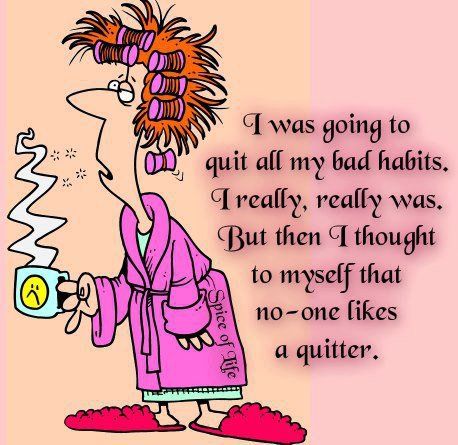
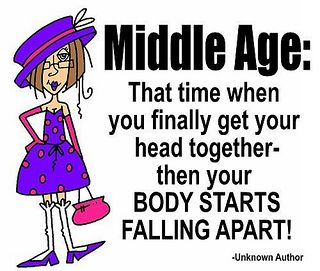






 but sometimes I get some
but sometimes I get some




